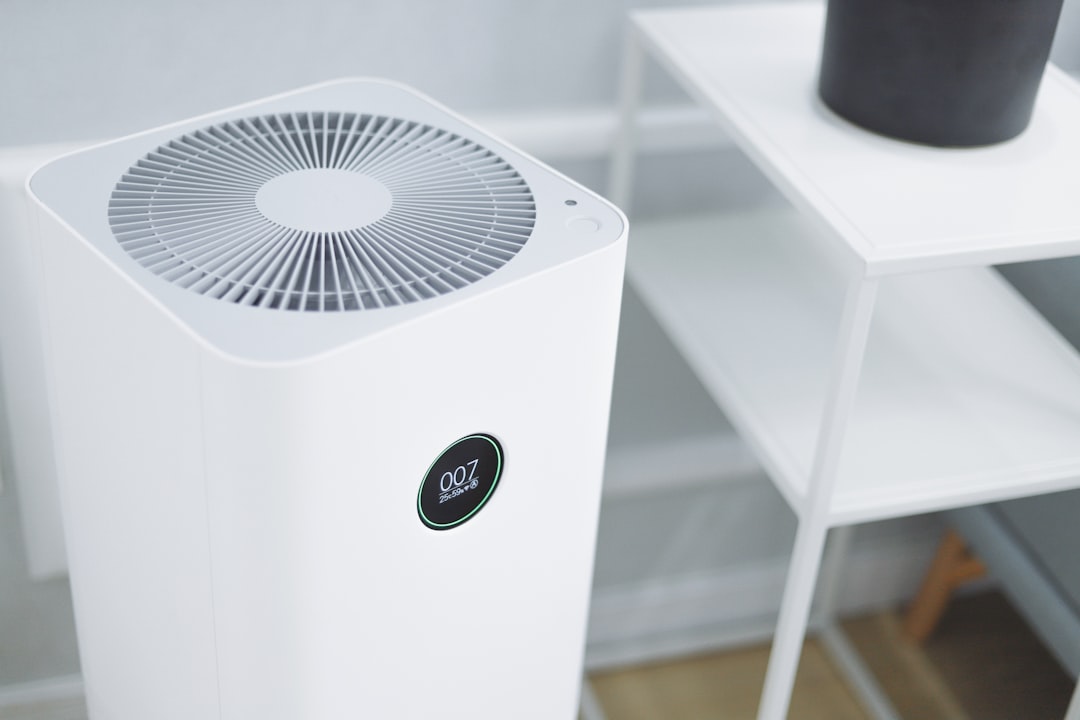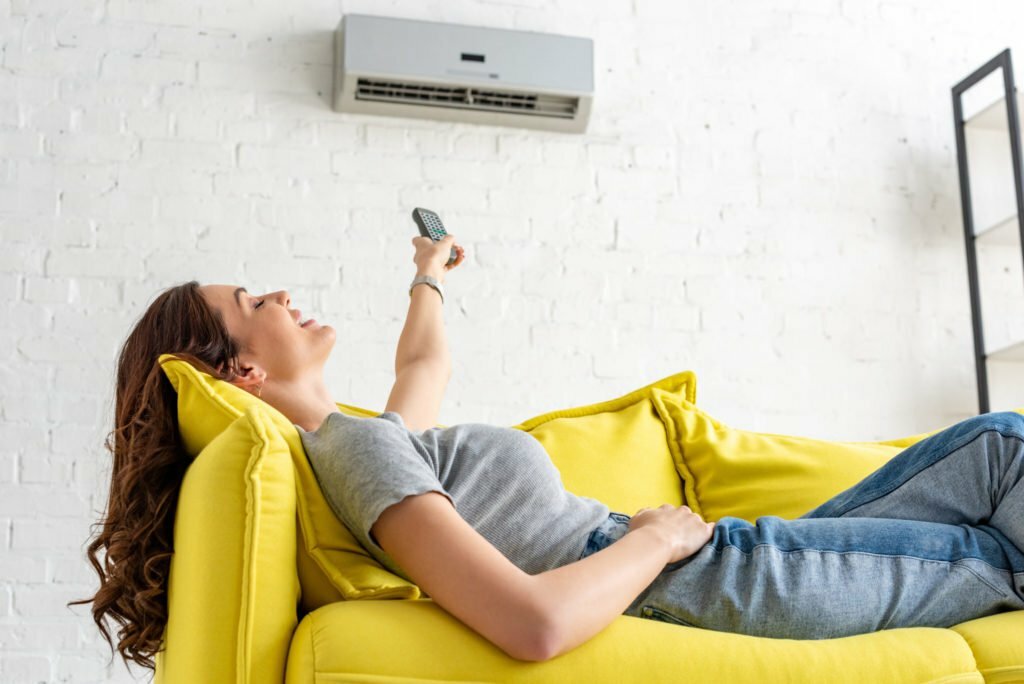Heating and cooling your home may seem simple, but it may be more complex than you think. If you’re used to renting your place, then you’re probably accustomed to a landlord or property manager handling most of your HVAC needs. As a homeowner, you’ll need to invest in an HVAC system yourself, which includes choosing which type of system you want. It can be difficult to know what the best choice is, especially if you don’t have any experience with heating, ventilation, or air conditioning. If you need more information, keep reading to learn about the benefits of a ductless heat and air conditioning unit.
What are the benefits of a ductless heat and AC unit?

With so many options to choose from, you might be wondering why you should opt for a ductless heat and air unit. One major benefit of these heat and air conditioning units is that they’re a fantastic investment for your home. Not only do they keep your home’s indoor environment healthy and comfortable, but they can also save you money on your energy bills every month. Ductless units are more efficient than traditional heating and cooling systems, and they can be installed in any room in your home. By avoiding the need to install ductwork, homeowners can also enjoy significant savings on the upfront cost of purchasing a new HVAC system.
A ductless unit is specifically a great option for a home or office, as they offer whisper-quiet operation for minimal noise disruption. . Unlike window units, which must be cranked up to full blast in order to cool a room, ductless air conditioners operate without making noticeable sound in most cases. In addition, since they don’t require ductwork, ductless air conditioners can be installed in any room in your home, regardless of the layout.
Ductless air units don’t require the use of fossil fuels to generate heat or cooling, making them a more environmentally friendly choice than traditional HVAC systems. They don’t use any ductwork, so there’s no energy loss due to leakage. Additionally, since the units are installed outside, they don’t contribute to the heat island effect in cities. Ductless units provide a number of indoor air quality benefits as well. By not having to route conditioned air through a system of ducts, ductless units prevent the spread of contaminants and allergens throughout the home.
Why is preventing poor indoor air quality important?

There’s no doubt about it – the air in your home can be bad for your health. Indoor air quality is something that is often overlooked, but it is important. Poor indoor air quality can lead to a number of health problems. In fact, according to the EPA, the air in your home can put you at risk for developing serious health conditions including respiratory illnesses, diabetes, heart attacks, and strokes. If you’re having trouble breathing or experience other symptoms that could be related to poor indoor air quality, be sure to talk to your doctor as soon as possible.
The good news is that there are steps you can take to improve the air quality in your home, beyond just relying on your HVAC system. Your HVAC system will always be your first line of defense, but there are things you can do to make it even more effective. For example, you can avoid using harsh chemicals and pollutants in your home. This includes things like air fresheners, cleaning products, and pesticides. Instead, try using natural or homemade alternatives. Allergy sufferers or those sensitive to pollution may want to consider investing in air purifiers for high traffic rooms like the kitchen, living room, and bathroom.
There are a lot of factors to consider when choosing an HVAC system, including the size of your home, your budget, and your personal preferences. When it comes down to it, ductless heat and air conditioning units offer a wide range of benefits for homeowners. If you’re looking for an HVAC system for your home, you should ask your contractor if a ductless mini split system is right for you. You might be surprised by how much this kind of multi-zone system can improve your comfort and overall quality of life at home.





